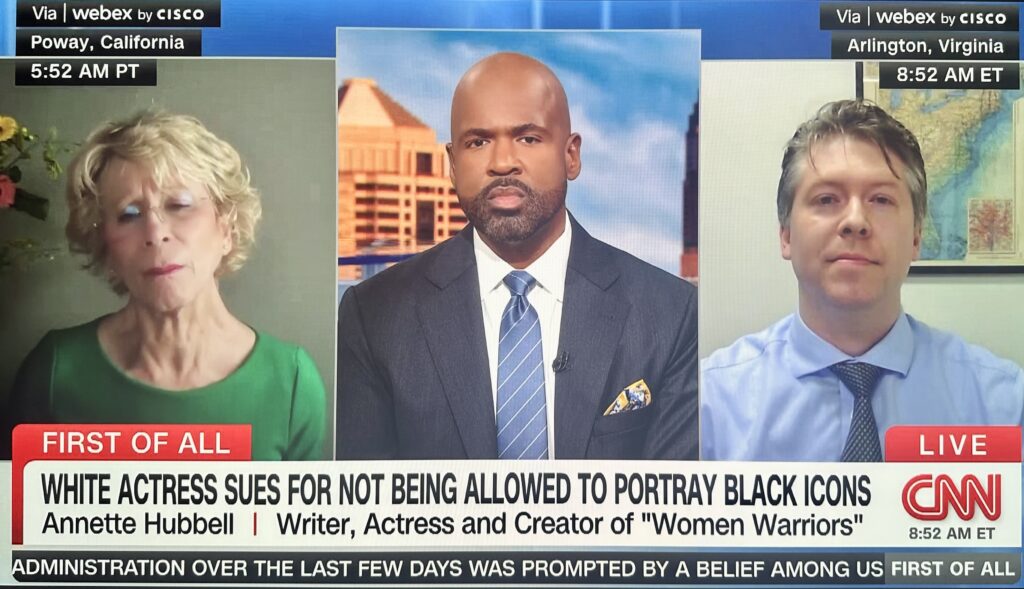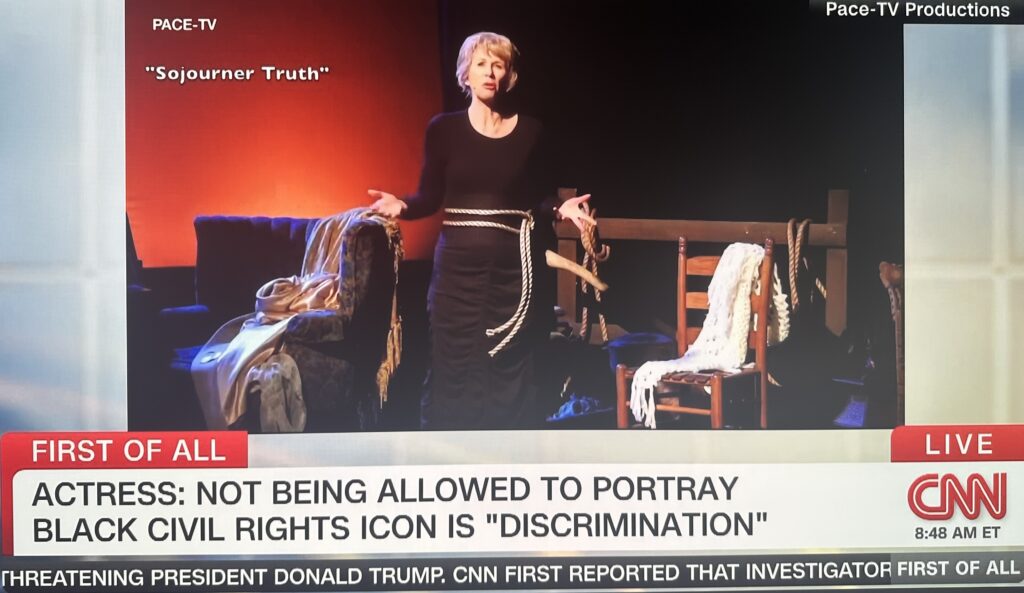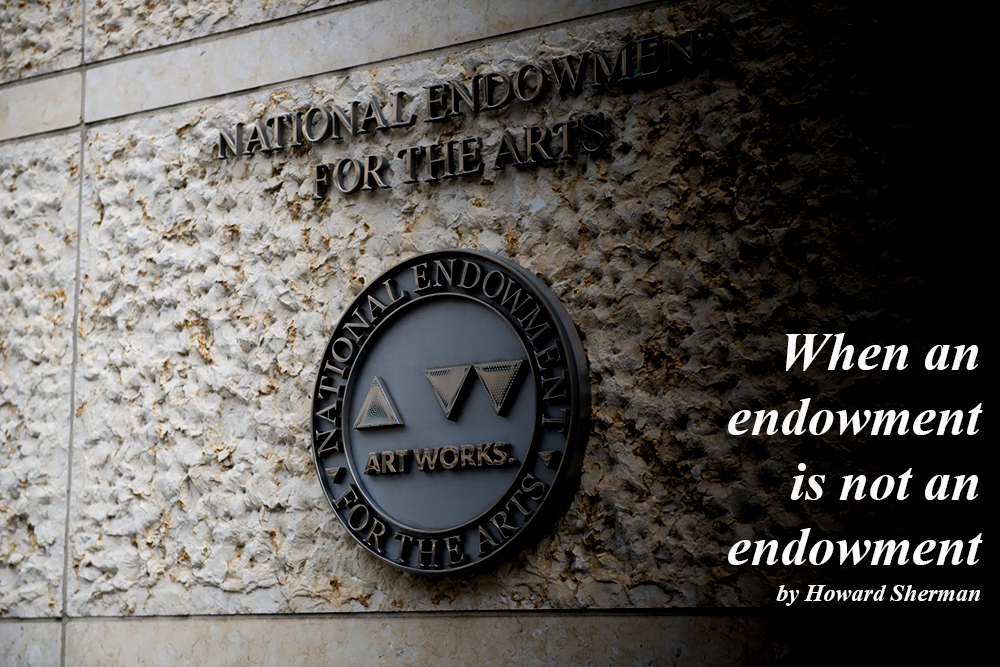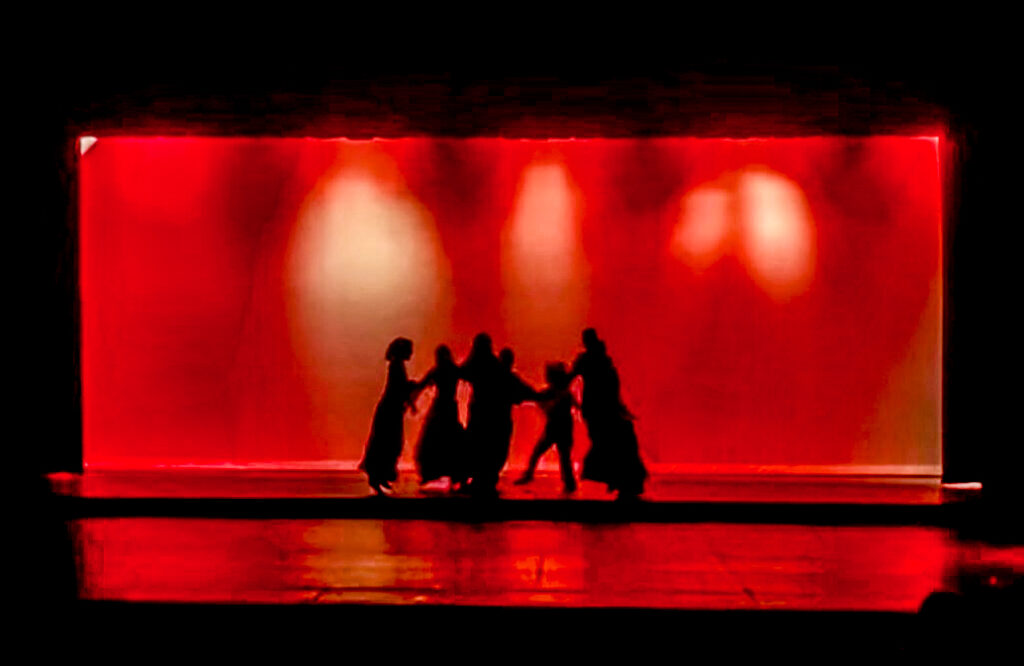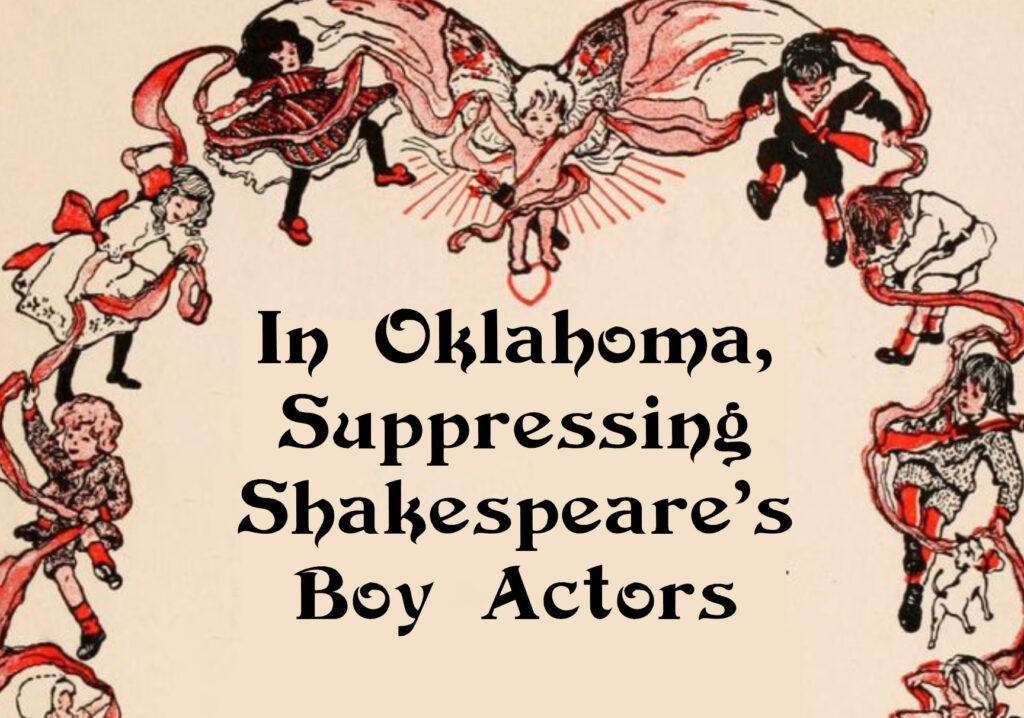
“People are very interested in when women were banned from the stage, but they don’t seem interested in what it meant for boys to be there,” playwright Zoe Senese-Grossberg said, in conversation about her play Boy My Greatness. “Even when people tell these stories, they always want there to be secretly a girl disguised as a boy who must have been at Shakespeare’s Globe. Because how could they all be boys? It freaks people out so much. But they were boys.”
Boy My Greatness, first produced by The Firebird Project in NYC in 2024, and available on the New Play Exchange, is set within a troupe of tween and teen actors who were engaged to play Shakespeare’s women, as they consider their acting challenges, their personal relationships, and the limited lifespan of their particular expertise, to be shattered after only a few short years by maturation into adulthood. The characters are all male; in a casting note the playwright counsels, “Anyone of any gender can play any role and probably should. Be conscious within this freedom, though. Consider what you are afraid to put onstage.”
It’s not clear whether the reaction of higher-ups at the University of Central Oklahoma rose to the level of freaked out or afraid, but something got their hackles up, resulting in them informing an extracurricular drama group on Tuesday September 2 that despite three weeks of rehearsal under their belts, they had a choice: they could shut down a school production of Boy My Greatness or they had to take it off campus. But it wouldn’t be happening on the hallowed grounds of UCO.
The two student directors, Maggie Lawson and Liberty Welch, both juniors at the university, learned of the cancelation separately. Welch, a dual major in theatre education and theatre performance, and president of the newly reformed drama group, was contacted by the head of the theatre department. They said, in Welch’s telling, “I’m so sorry. I don’t want to do this to you. You can’t produce the show. That’s what I’ve been told.” The professor referenced “Oklahoma law” in an initial conversation and then state bill SB 796, an anti-DEI bill passed in March that went into effect July 1, in a followup.
Both women say that that’s the whole substance of what’s been communicated to them, though perhaps they might have had an inkling of an issue when the school’s approval of the literary contract, typically a formality, went weeks without approval. Because the play is new, Senese-Grossberg was licensing it herself, using a standard Dramatists Guild form contract, as opposed to a form contract from a licensing house. Lawson and Welch were not required to submit a copy of the script, or even the presentation deck they had made when they proposed the play to the drama troupe, when submitting the contract for execution. Yet somewhere along the way it seems likely someone at UCO investigated the content themselves, but had no conversation with the students about it. Surely whether the contract would go to arbitration in New York or Oklahoma in the event of a dispute, one of the school’s contractual complaints, wasn’t a dealbreaker.
The anti-DEI bill 796 does not expressly proscribe depictions of varying gender identities; it speaks to not using state funds for granting preferences for “race, color, sex, ethnicity or national origin,” and is broadly applied to “education, training, activities, procedures or programming.” So whether the bill is causing fear in the administration, or being wielded by the administration, is unclear. Though the play does depict same sex romantic relationships and men and boys dressing as women, as would be historically accurate, it doesn’t use modern terms like gay, queer or trans at all but simply depicts a variety of imagined human connections based in historical fact.
The college’s first public statement to date on the cancelation wants to rely on quibbles over a standard form literary agreement, providing the following statement to station KFOR in Oklahoma: “After a review of the requirements outlined in the contract from the national production company with legal counsel, the university’s theatre department decided not to support the local production of the show with university resources at this time.” In response to questions sent by me to the university, this same statement was sent in reply, but with an additional brief sentence: “Federal and state laws were both considered in the review of the contract.”
Oddly, two days after the students were informed that the play was being canceled, Senese-Grossberg received further communication from the school regarding terms in the contract, which had been acceptable to other schools that have produced the play. It is a standard agreement in wide national use. It seems the contract questions may be providing cover for the other concerns, as it is highly unusual for the school to still be trying to negotiate an agreement after shutting down the show, ostensibly for contractual reasons.
Unlike many such cases, where students are at a loss to go forward with the school’s sanction, Lawson and Welch sprang into action, launching a GoFundMe page seeking $2,000 to produce the show off-campus and making a TikTok to advance their cause; Senese-Greenberg made a TikTok as well to support the students. The result was overwhelming: within two days, they had raised double their goal and by Sunday morning they were closing in on $9,000 raised. The students now say they are looking at several options of where to produce the play, which they’re delaying by two weeks to late October, and that the funds will go not only towards the physical production and royalties, but that now the company members would receive some compensation and the remainder would go to charity, focusing on local queer youth charities and a youth homeless alliance.
Speaking of the whirlwind of the past week, Lawson and Welch reflected on the messages being sent in their community.
“This story is a little centered around us, because we’re the ones this is happening to,” said Lawson. “But this goes beyond us because even though we got the money and we’re going to be able to do the show and we’re going to be OK, this is going to keep happening to other artists. I really want to spread the message that it’s important to talk about this, because we’re not the only ones. It’s going to happen for years past us, and if we stop talking about it, that’s when things go missing and history gets replaced.”
Welch followed up, saying, “None of their trigger words, their hot words, are in it. I am so scared of where the parameters of where theatres start and end under state law are. What are we allowed to do? What are not allowed to do? Is this a picking and choosing? We are entering the territory of censorship, and that is scary. It’s scary to me that we as 20-year-olds are having to fight against this.”
Senese-Grossberg, currently enrolled in the MFA program in Playwriting at the Iowa Playwrights Workshop at the University of Iowa, confesses to having had some concerns about the show being done at a public university in a so-called red state. Given what has transpired, she said, “It does concern me about who is going to do this show, where the show will be done, especially as right now it’s mostly educational. It concerns me about in what states and where. It concerns me as a student in a red state right now.”
While urban dwellers may want to stereotype life between the coasts, the UCO students, who are both Oklahoma natives, said they felt the campus itself and other students were very open to Boy My Greatness being heard and seen. That extended to their families as well.
“Coming from Oklahoma, my family is a pretty conservative household,” said Welch, “and I have some family members who are very conservative. I got a call from a couple of them being like, I don’t agree with anything that’s in the show, but you have a right to freedom of speech. I support you wholeheartedly. It think that is very telling that we are getting, especially in Oklahoma, people who are on the alt-right side of politics being, I don’t agree with anything you stand for, but you have a right to produce anything you want, as an American.”
Lawson echoed this, saying that she called her mom to tell her what was happening 90 minutes before the KFOR report aired. The response, per Lawson? “She was like, You know what? Rock on. I support that you’re standing up for what you believe.”
In their successful GoFundMe, Lawson and Welch concluded by saying, “Queer people exist everywhere, even in Oklahoma, believe it or not.” As for Senese-Grossberg, she’s pleased to know that their show will go on, saying “It’s a play about kids doing theatre, so it feels right for kids to be doing it.
* * * *
Headline art adapted from poster art for Boy My Greatness in central Oklahoma.

